It’s time to settle an age-old debate: is Doctor Who really a children’s show?
The debate as to whether Doctor Who is a children’s show, a family show or an adult sci-fi show has been raging for decades, and nobody really seems to know the answer. It seems to depend, largely, on who you ask, and which era of the programme you tune into.
Certainly, at its inception, Doctor Who was created with children in mind. The BBC knew that it would be watched by a young audience, as it was originally conceived to fill a crucial tea-time slot between the football scores and Juke Box Jury at 5:15pm. Because of this, they were keen for it to have an educational element; one of the key uses of the Doctor’s time machine would be to take his companions back into history, teaching young viewers about past events in adventures which had little (or no) science fiction elements at all.
And the BBC stuck to this plan for the series’ first four years. The Time Lord visited the traveller Marco Polo, the Aztecs, the French Revolution, and the Romans, to name a few, and most obscurely the Massacre of St Bartholomew’s Eve which (arguably) most people have only heard of because of Doctor Who. In these early stories, the only science fiction element was the TARDIS itself; these were purely historical dramas which, for the most part, were accurate in the events they portrayed.
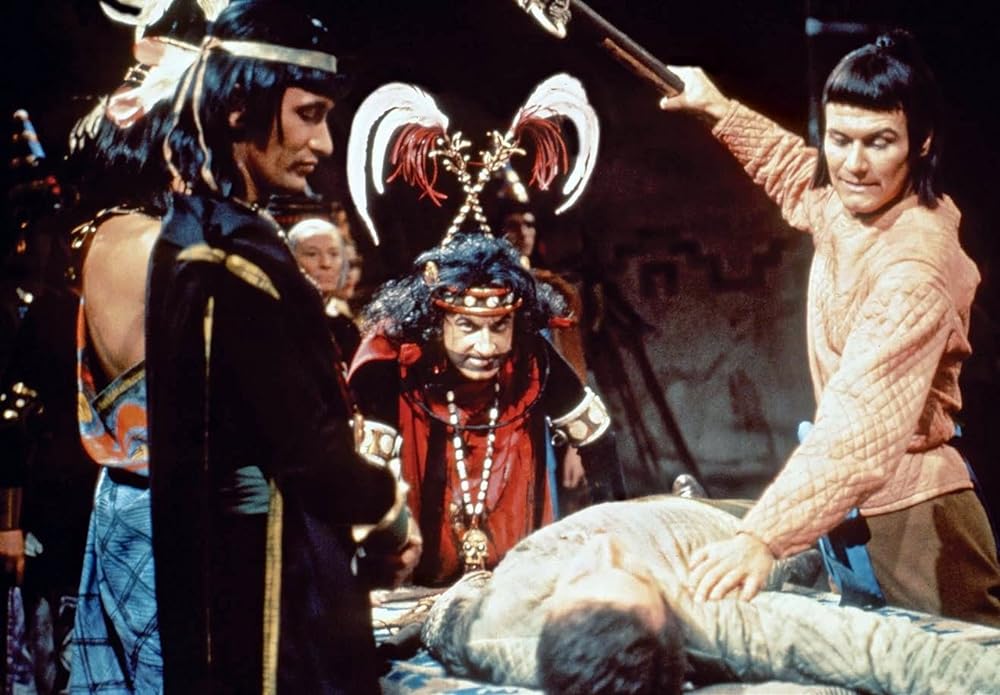
But in the midst of the historical stories, the BBC also wanted Doctor Who to tell some gripping science fiction tales. And they didn’t just want to entertain the younger viewers; they did actually want to scare them, to a degree. Indeed, there’s an amusing line in the docudrama An Adventure in Space and Time where the director Waris Hussein says to his BBC boss, “I thought we wanted to scare the children?” and his boss replies, “Scare them – not traumatise them!” This was because the producer Verity Lambert and Hussein had produced a rather chilling pilot episode for Doctor Who with eerie electronic music and psychedelic opening titles.
And at this key moment in Doctor Who history, the BBC was very conscious of its child audience, and nervous about producing anything too horrifying. Indeed, if there had been any other scripts available when the first Dalek story went into production, then that adventure would never have happened – ever. Verity Lambert had to fight for ‘The Daleks’ to go before the cameras, as the BBC had initially said that it didn’t went any “bug-eyed monsters” in the programme. To them, the Daleks represented everything they didn’t want Doctor Who to be.
We know now, of course, that the Daleks were key to Doctor Who‘s early success, and indeed its ongoing popularity – particularly with children, who quickly incorporated the Daleks into their school playground antics. There were even Dalek toys and child-sized Dalek playsuits made to capitalise on the monsters’ explosion in popularity.
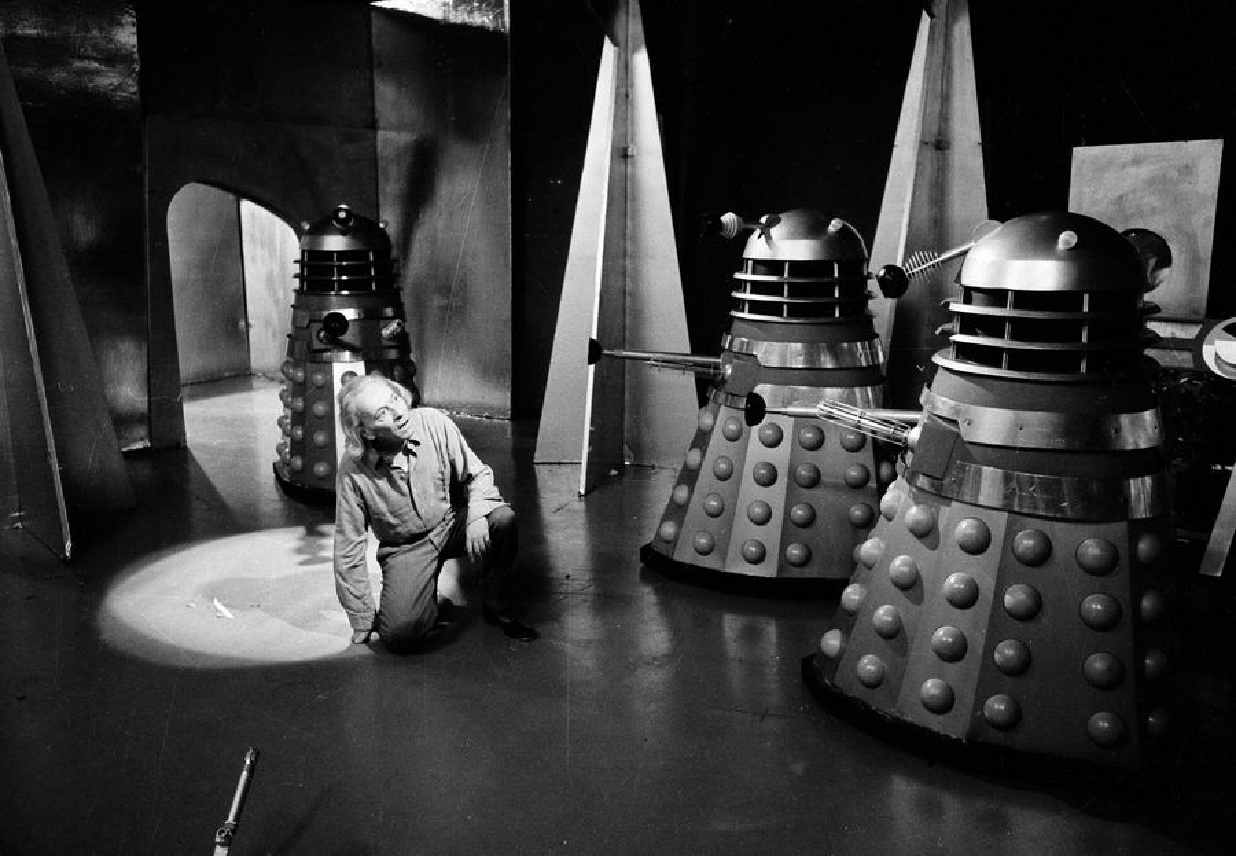
And as the 60s rolled on, Doctor Who‘s science fiction elements became more and more prominent. And by the time William Hartnell had regenerated into Patrick Troughton, the BBC had decided to dispense with the educational elements altogether. The last purely historical adventure was Patrick Troughton’s ‘The Highlanders’ which came right at the start of his tenure. After this, the TARDIS still made journeys into the past, but there was always a science fiction story underpinning it. The reason for this change was down to the BBC’s audience research, which showed that viewers preferred the sci-fi serials to the historical dramas. And Doctor Who has retained this approach ever since.
One could argue, therefore, that this tweak in Doctor Who‘s premise pivoted the programme away from children and towards adults. Certainly, the series began to tell more hardcore science fiction storylines which, whilst suitable for children (and enjoyed by children) could legitimately be enjoyed by much older audiences too.
At times, though, the BBC got into trouble for pushing these elements too far. During its classic run, Doctor Who repeatedly faced criticism for content which was deemed too scary and unsuitable for younger viewers, one of the earliest being the dreaded ‘troll doll’ from 1971’s ‘Terror of the Autons.’ The BBC received a number of complaints from parents whose children were suddenly scared to take their teddy bears to bed.
And then, of course, there is the famous scene from ‘The Deadly Assassin’ in which the Doctor is held underwater by the story’s villain, and the episode ends on a freezeframe on Tom Baker’s face as he drowns. After this season, the incoming producer Graham Williams was instructed to lighten Doctor Who‘s tone and introduce more comedy.
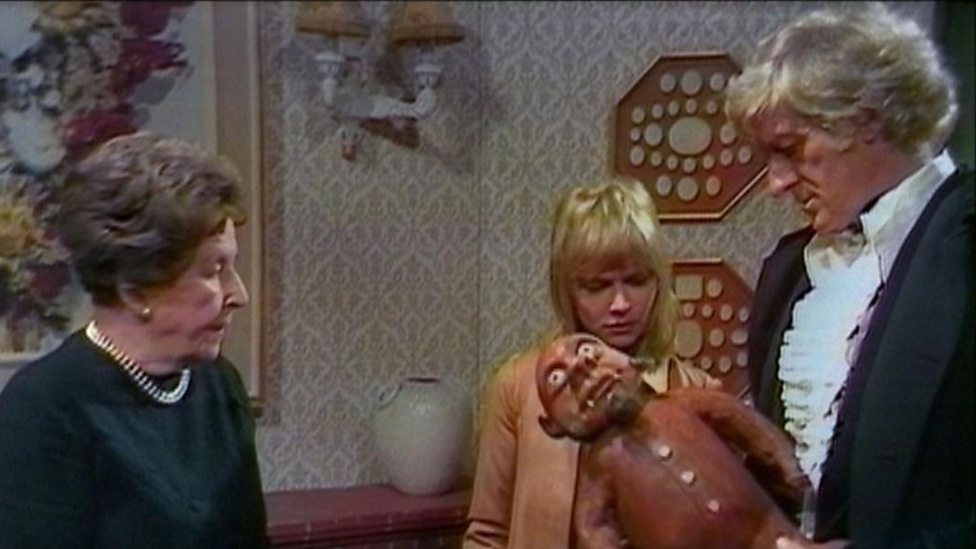
This was all part of the yo-yo effect which colourised Doctor Who‘s tone throughout the remainder of its classic run. Every time it veered towards horror, someone would complain and the production team would be ordered to bring in more humour. Then, the comedy would go too far and nobody would take it seriously, and the production team would roll its sleeves up and commit to making Doctor Who more grown-up again.
This was certainly the case when John Nathan-Turner took over the reins in 1980 and, together with his script editor Christopher H. Bidmead, and later Eric Saward, he resolved to make Doctor Who a more serious science fiction series which, whilst enjoyed by children, would appeal primarily to adults. And this plan succeeded, with Nathan-Turner doubling the series’ audience in Peter Davison’s first season.
But inevitably, the programme garnered criticism once again, particularly after ‘Vengeance on Varos‘ and ‘Revelation of the Daleks‘ which pushed the horror and violence threshold as far as was possible for a tea-time show.
So it’s fair to say that Doctor Who always had something of an identity crisis during its classic run, not quite knowing whether it was meant for children or for grown-ups. Today, it very much classes itself as a family show and tends to ‘shoot down the middle,’ although it’s worth noting that the majority of its DVD releases rarely achieve a BBFC rating under 12 and that, at the time of writing, the vast majority of its viewers are adults.
But what do you think, reader? Is Doctor Who really a children’s show, or is it primarily meant to be enjoyed by grown-ups? Let us know in the comments below.
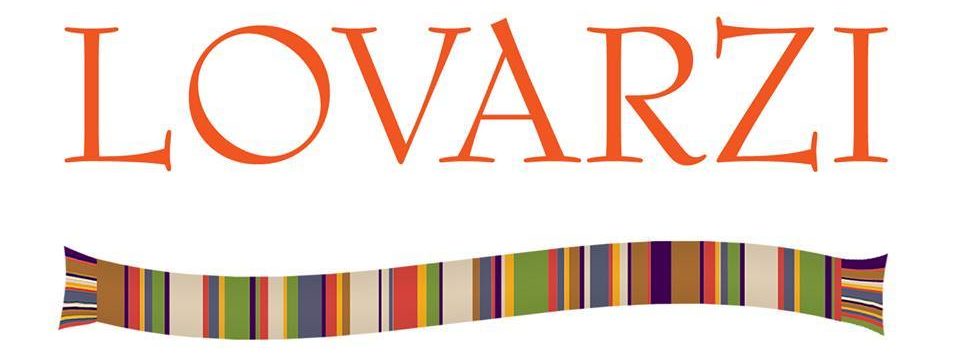








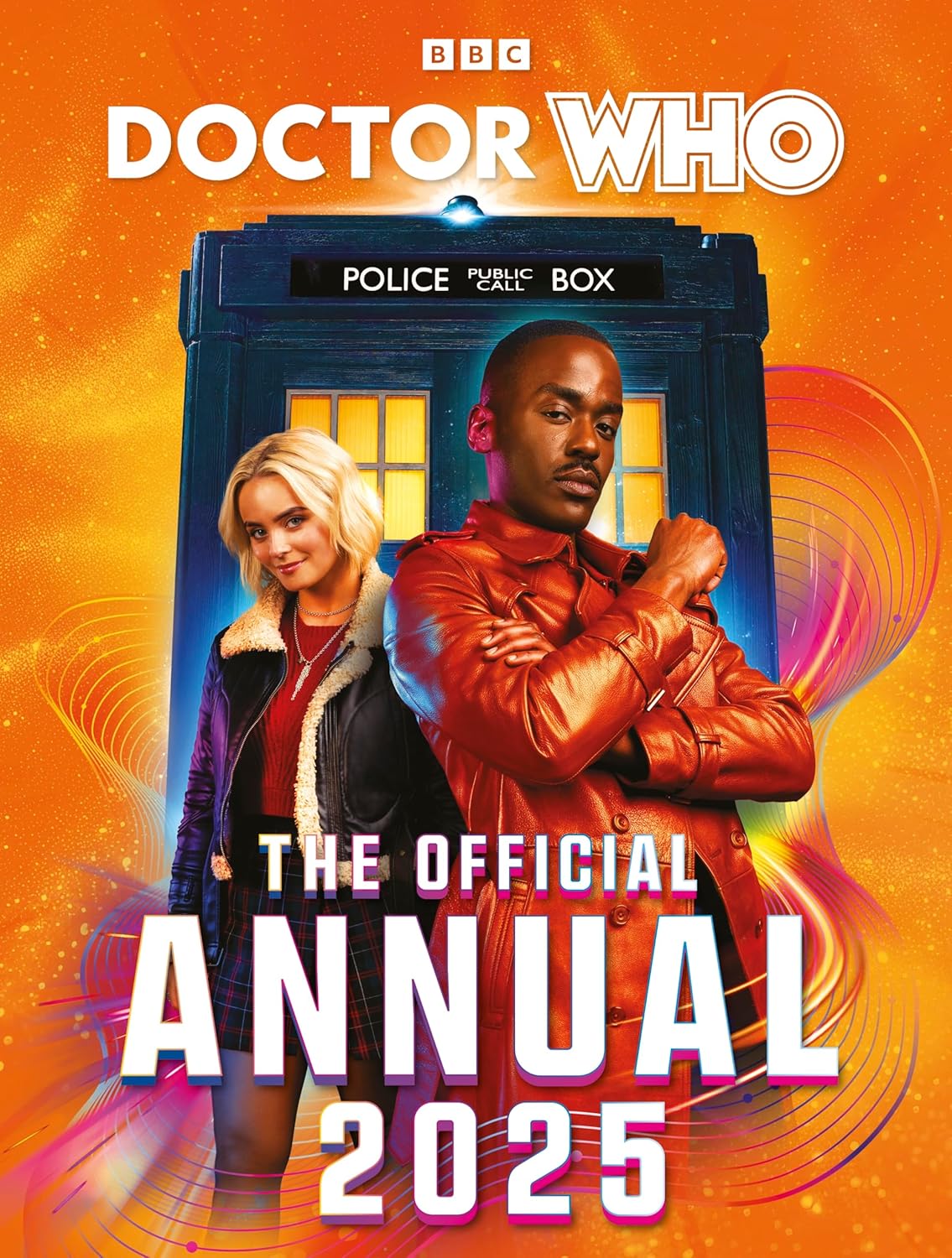
Leave a Reply